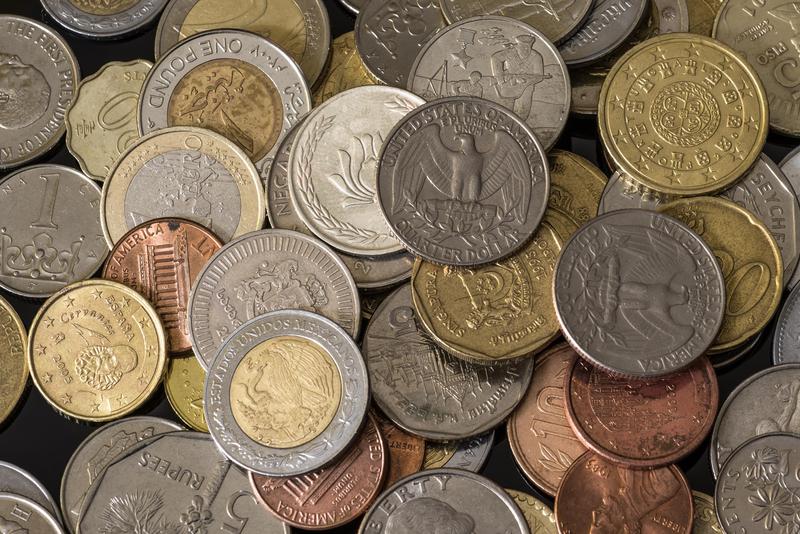SEPTEMBER 22, 2020 – As one headline after another suggests America is the Titanic amidst icebergs in the North Atlantic, we should take measure of our ship—our country—to understand better what kind of vessel we occupy.
We’re 50 states, big and small, urban and rural, coastal and inland, West and East, North and South—each with its distinctive cultural, historical, economic, demographic features. Add to geographical diversity (a) a population of 320 million, (b) an enormous range of educational and financial circumstances, and (c) a plethora of hard and fast religious beliefs—not to mention (d) a cacophony of ideas and perspectives rooted in all varieties of soil. Mix in a few centuries of time and you wind up with “mixed salad,” “melting pot,” and a carnival of oats, peas, beans, and barley.
This ain’t the country our Founding Fathers knew. It’s the mother of all representative democracies.
And perhaps it’s run its course as a governable nation. I say that not in despair but in recognition that if history (let alone nature) teaches us anything, it’s that nothing lasts forever.
Take, for example, the U.S.S.R. I remember a conversation in the late 1980s with a good friend of ours, Dr. Pavel Šebesta of the “Czechoslovak Socialist Republic.” With his family held effectively hostage back in Prague, Pavel had been allowed to travel to the U.S. for studies at the Ochsner Medical Center in Baton Rouge. Afterward, he found his way north to visit us for a week.
Pavel loved the outdoors, so we took him to our lakeside cabin in the Northwoods. While paddling around in our canoe, I asked Pavel what he thought of Gorbachev, perestroika and glasnost, which had taken the U.S.S.R. by storm and threatened the ossified Communist regimes across the greater Soviet Empire. Pavel was viscerally opposed to Communism and was well-entrenched among the Czech intelligentsia who wanted to be free of the Soviet yoke.
Despite his longing for freedom, he was a realist when it came to change. “Things will never be different,” he said. “Not in our lifetime, not in our children’s lifetime, not in our grandchildren’s lifetime. The people in power have an iron grip, and they are not about to let go. Gorbachev is but a passing phenomenon—as are perestroika and glasnost—just as was the Prague Spring.”
Just two years after that canoe outing, The Wall (yeah, the actual one) came down, and another two years after that, the Soviet Union fell, shattering Pavel’s prognostication.
Which brings me back to the U.S. What holds us together is a mix of adhesives, but time and circumstances have changed their chemistry. They no longer bind as they once did. A host of elements, some latent, some newly established, have altered our national composition.
Some of us might panic or despair while others actually cheer and promote our divides—our failing national cohesion. The better perspective, I think, is to acknowledge the inevitable—change; the nature of all human constructs, no matter how steadfast they might appear.
(Remember to subscribe to this blog and receive notifications of new posts by email.)
© 2020 by Eric Nilsson
